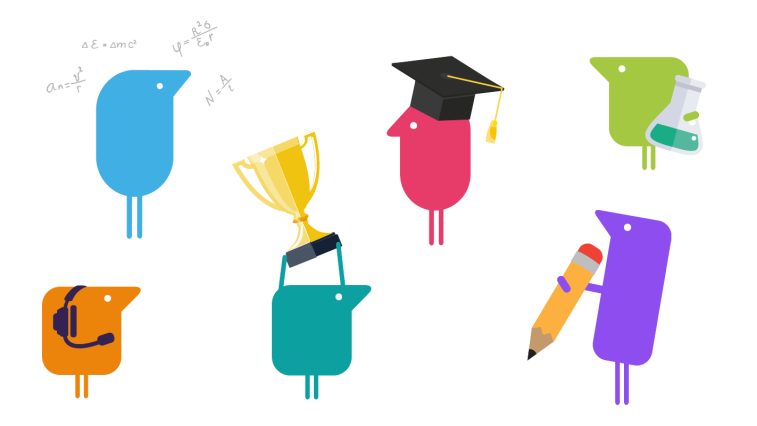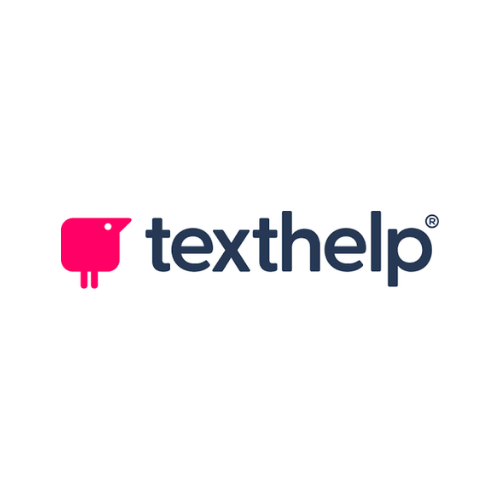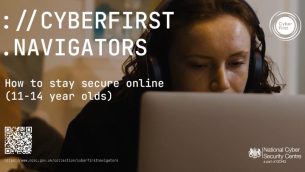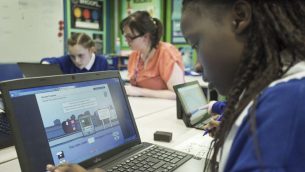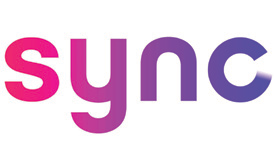Martin McKay, founder and CEO of Texthelp, explains why inclusive education matters and why, for him, it’s personal.
We live in a diverse world. Naturally, the way we each learn is also diverse. We don’t all read, write and think in the same way. Everyone’s brain works differently and huge numbers of people struggle with text in some way. That includes reading, writing and maths.
One thing that does unite us, is how vital it is to understand and be understood. If at school we’re not able to reach our full potential, that’s a problem for everyone. Inclusive education gives every student the chance to succeed.
At Texthelp, inclusion is at the heart of our whole organisation. In fact, it’s our core purpose. I’ll explain why.
The important discovery of a 12-year-old
Let me take you back a few years. When I was 12 years old, my dad had a severe stroke. He lost the ability to speak. He found it difficult to read and communicate. He was unable to express himself, and I could see that he was incredibly frustrated.
As you can imagine, at that formative age, it impacted me deeply. But it also led to a lot of personal growth. It’s when I learnt first-hand about some of the barriers that can exist in the world.
At that time, assistive technology was not broadly available. In fact in those days most written communication was on paper. My dad couldn’t access information or services without help. Until then, he was a driven and independent man. I know he did not enjoy having to depend on others for communication.
I believe that to be able to live with as much independence as possible is something we all deserve. I decided to make it my mission to make a change, and I thought that technology held the answer. In 1996, I founded Texthelp and my vision came to life.
Fast forward 25 years. Today I’m proud to say that Texthelp is helping over 50 million people. And we’re ready to help millions more. We’re the leader in creating digital tools that help everyone read, write, and understand.
For schools and universities, our products work together to build an environment where everything is easier to understand. But what does this look like?
Inclusion in the world of education
Inclusive education is about changing the lesson, not the student. It’s about creating learning environments that recognise that a ‘one size fits all’ approach doesn’t work.
The basic foundation of the Universal Design for Learning (UDL) framework is that every learner is highly variable. But the best thing about UDL is that the principles are based on great teaching practices – most of which you will already be using in your classroom, designing learning in a way that allows everyone to engage, regardless of age or ability.
UDL does not rely on technology but assistive technology can have a huge impact on making learning more inclusive. Our literacy product Read&Write and digital maths tool EquatIO are designed with UDL in mind.
These tools can help teachers remove barriers and make learning experiences more accessible to every learner.
In practice, it’s small changes that make a big impact. For example, giving students choice and voice in how they present their knowledge.
Not everyone can or wants to write whole paragraphs on a certain topic. Maybe a video recording their thoughts would work better? Letting students learn in a way that they enjoy benefits all students, not just those with different learning needs.
Helping all students achieve benefits everyone
We live in an ever-changing world. Teachers are preparing their students for jobs yet to even be imagined. This means we need to focus on building skills that the future workforce needs.
Made by Dyslexia and ManpowerGroup found that by 2025, humans and machines will split work 50:50. The 50% that are ‘human’ skills are also dyslexic thinking skills. These include skills like teamwork, problem solving and creativity.
We need to shift our perceptions of thinking differently. If we focus on the positives, we can create a world where difference, disability and language are no longer barriers. That is the future I want us to build together.
Assistive technology can have a huge impact on making learning more inclusive. I feel incredibly fortunate to be able to do what I can do. It’s very rewarding to see our products make an impact on students’ lives, both in school and beyond.
That’s why at Texthelp, we work hard to bring as many schools, colleges and universities with us as we can – working together to build environments where everyone understands and is understood.
Looking to the future
As I look ahead, I hope that assistive technology will be more widely appreciated, to allow more students to benefit. I hope that schools will continue to embrace inclusive practice and realise that technology can help them on their way.
At Texthelp, we’ve got very ambitious goals ahead. We’re trying to reach more people and make an impact that lasts forever. By 2030, we want to have advanced the literacy and understanding of one billion people. I know that we can do it too.
As my dad taught me, we must work hard for what we want to achieve and never ever give up.
If you’re attending Bett in March 2022 we’d love to tell you more. Join us at stand NF60 for a coffee and a conversation. Visit text.help/teachwire-bett to find out more.




